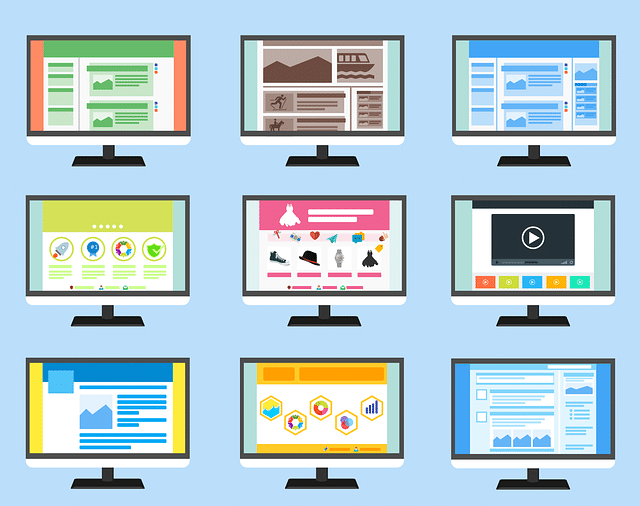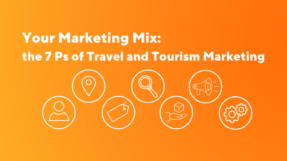
There are a lot of web designers, some good, many bad, and a bunch in between. So how do you, as a tour operator, know what to look for in a good web designer? Well, there are a lot of resources online to help you build a list of questions to ask your prospective web designer. The problem I have with most of the lists is that most people asking the questions won’t know the answers and, to me, that lack of knowledge doesn’t make asking the question particularly valuable. What you need to know, as a business person, is whether or not the person or company you are planning to hire is going to be able to deliver on what you need for your business. It is for this reason that I have only three questions that you need to ask a web designer, all of which you should be able to answer on their website:
- Can I see your portfolio? Any web designer worth their salt will make their portfolio available. Take a moment to go through each of the sites that they list in their portfolio. Be wary if they don’t list the URL but remember that just because a site is no longer available doesn’t mean that the designer didn’t do a good job designing it. There are a lot of reasons why a site might be off-line that have nothing to do with the designer. If you’re curious, simply ask the designer directly why a site is off-line.
- Can you provide three client references? This should be a no-brainer for most designers and they will be happy to provide you with the name of references who can confirm the quality of work and the viability of the business (or individual). Make sure the reference is a third party whose site is live. Ongoing relationships are better then one time relationships because you’ll get a better idea of how the designer handles long term relationships.
- What are your blog, LinkedIn, Twitter, & Facebook addresses? If they don’t have these things, move on. In this day and age, if the designer you are looking at isn’t familiar with and using social media for their own promotional purposes, then they won’t understand how to design for the social web.
- A good understanding of social media concepts and how the social web affects interface design. As has been pointed out by several designers, the individual use of social networks is not necessarily a requirement but the designer you choose to work with should have a good knowledge and understanding of how social features affect the interactivity of a web interface. (Thanks for everyone who contributed comments regarding item 3.)
- Designing for mobile. The designer should have a good understanding and examples of building mobile or responsive websites. Remember that your customers, especially those in destination, will be viewing your site on a mobile device. Your site needs to be mobile responsive.
- Do they have technical knowledge? This is critical if you plan to integrate booking engines or even additional features into your website. If you are building your site on a platform like WordPress, then the designer should have the ability to customize plugins where appropriate. They don’t need to be a developer, but they should be able to customize CSS and Javascript at the least.
Don’t be afraid to ask around and remember that design is only one part of the puzzle. Make sure that your design is part of your web plan.





